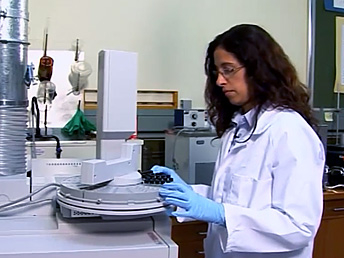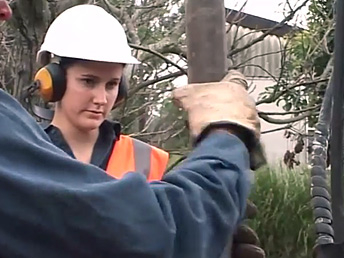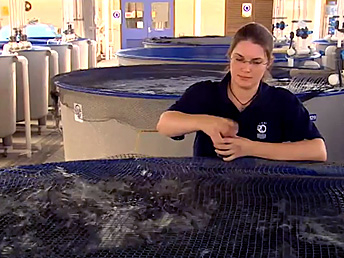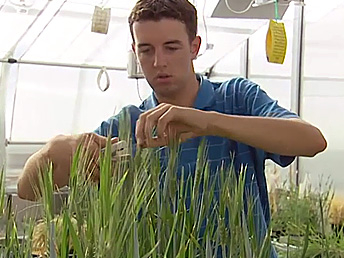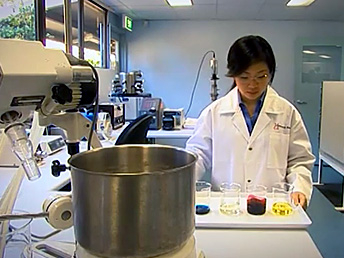
Hydrogeologist
A hydrogeologist investigates how groundwater travels through the earth’s rock and soil. The job is a combination between water, science and geology to ensure clean groundwater supplies relied on by humans, animals and plants.
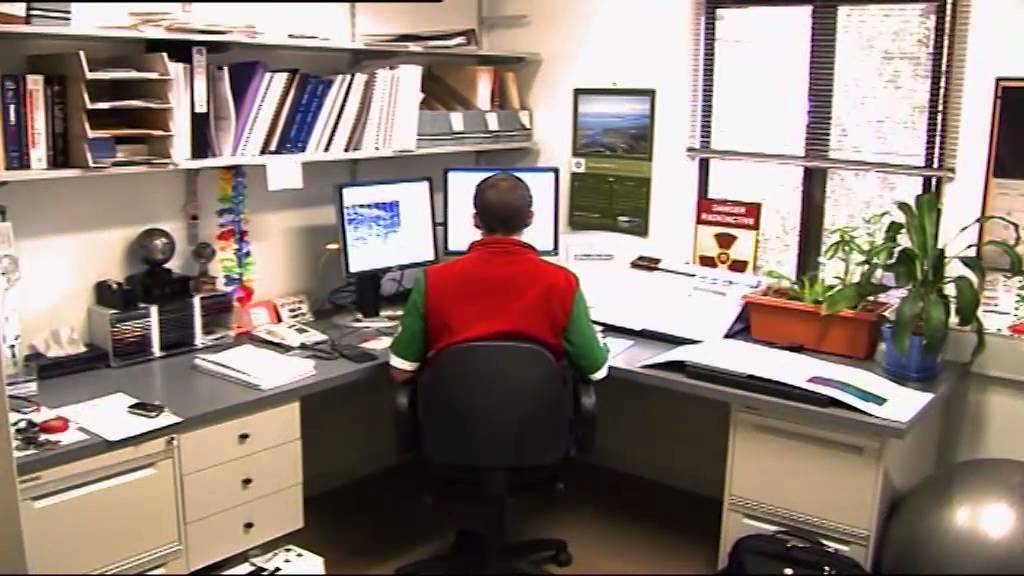

What the job looks like
Salary expectation
starts at $61,012 up to $149,871

The good
- Can be a hands-on practical job
- Getting outdoors and not being stuck at a desk
- Coming up with solutions to a problem
- Using different equipment
- Keeping the environment and people safe
The not so good
- Deadlines
- Writing reports
- Some field hazards like snakes
There are two types of hydrogeologists - theoretical and practical. Practical hydrogeologists are the people who go out into the field to collect data and samples using different equipment.
Theoretical hydrogeologists are more involved with analysing samples in the lab and entering data on a computer.
Hydrogeologists use all this information to predict different environmental scenarios, such as the effects on groundwater flow due to tree clearance. Governments, developers and organisations rely on hydrogeologists to check groundwater safety of site and to come up with solutions otherwise. They also inform new policies or laws.
Physics, geology and mathematics are a big part of the job. Data collection and analysis relies heavily on statistics, geometry and equations to help make predictions.
You will need excellent writing skills to put all your information into a report to present to governments or organisations that have asked you to carry out the work.
If you are passionate about the environment, enjoy solving problems and like teamwork then a career as a hydrogeologist might be for you.
I love the outdoors, the environment and making a difference to Australia’s water.
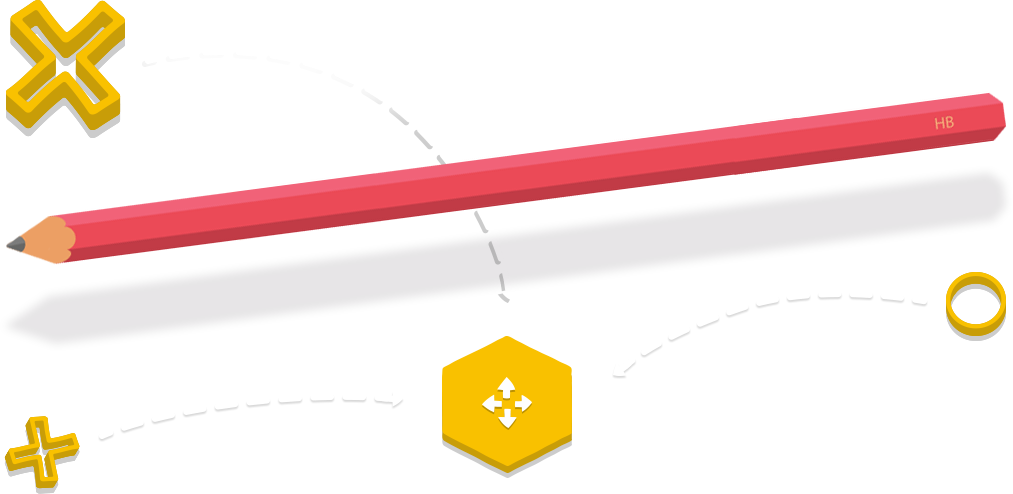
Pathways to this career
Subject suggestions for the HSC
Choosing your HSC subjects from this list could really help with your career. Think carefully about what you want to study after school as you might need to choose specific HSC subjects for that course and to count towards your ATAR (Australian Tertiary Admission Rank). An ATAR is your academic rank in relation to other HSC students and helps with University admission.
HSC subjects
Some subjects will count towards your ATAR, others will not. Check with your career advisor before making subject selections.
- English (Advanced or higher)
- Mathematics (2 unit or higher)
- Earth and Environmental Science
- Physics
- Chemistry
- Geography
What can I do after I have finished school?
University degrees
Studying one of these degrees can help with your career.
- Bachelor of Science
- Bachelor of Environmental Engineering
- Bachelor of Environmental and Life Science
Alternative entry pathways
You can start a career pathway without the required ATAR by enrolling in a foundation program.
- Certificate IV in Water Operations
Suggestions
Start watching programs like Landline on the ABC
- Focus on hydrogeology where you can for science or geography assignments
- Go to career expos and events like Open Day to find out more information about what you will study
